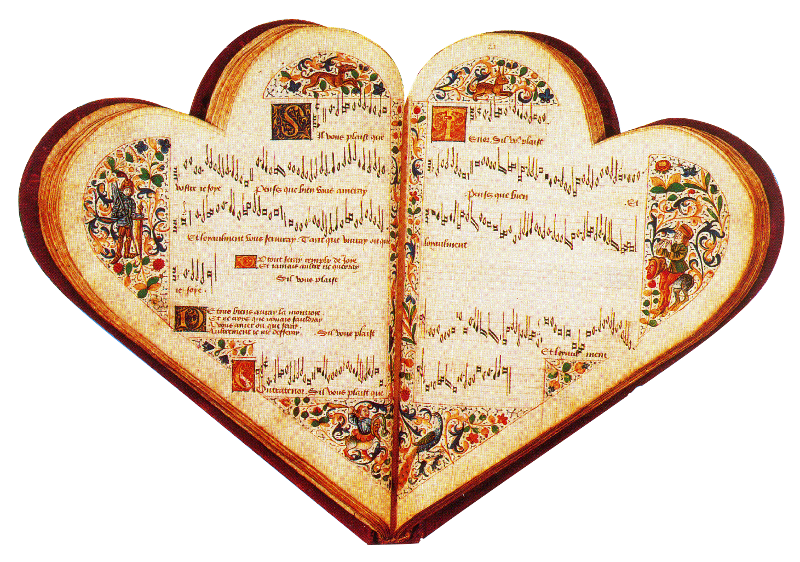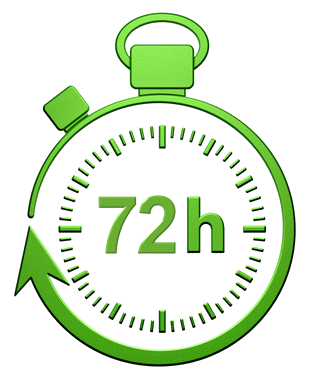Concerto for Cello and Orchestra (Concertstück) SCHUMANN ROBERT
Classique
Description :
Schumann’s Cello Concerto Rediscovered
In her first Urtext edition for Edition Peters, internationally renowned cellist Josephine Knight reveals Robert Schumann’s original version of his Cello Concerto in A minor Op. 129 – a piece he actually called a ‘Concertstück’ – removing generations of inauthentic editorial interventions. This is the only available modern scholarly edition of the work as Schumann originally conceived it, and restores the text from October 1850, based on the composer’s manuscript held in the Biblioteka Jagiellonska in Kraków. This Full Score matches the separately available edition for Cello and Piano (EP 73488). Matching orchestral material is also available from the publisher.
Only modern Urtext edition based on Schumann’s original 1850 manuscript Many new corrections and clarifications, especially to the cello part Scholarly preface detailing history of the work and this edition by editor Josephine Knight, Piatti Professor of Cello at the Royal Academy of Music London Cello Part contains Josephine Knight's fingering and bowing suggestions Critical Commentary Cello and piano edition available separately from Edition Peters: orchestral parts available for rental Recording of the Concertstück featuring Josephine Knight available from Dutton
Robert Schumann’s tragic last years have mired many of his greatest works in unnecessary doubt. The story of the suppression of his Violin Concerto by well-meaning friends is relatively well-known. Few, however, know that the version of the Cello Concerto that is routinely heard today is so far from Schumann’s original conception of the work – not only in details of phrasing and articulation, but also featuring a different ending with a bold final flourish from the cello. Composed in a burst of inspiration in two weeks in October 1850 shortly after he and Clara had moved to Düsseldorf, Schumann (who in 1850 was still in good health) never heard the piece performed. In an effort to promote a performance of the work, he gave the score to the cellist Robert Emil Bockmühl. Bockmühl made revisions that Schumann resisted, and the hoped-for performance never happened. Schumann’s health failed and he died aged just 46 in 1856. The Concerto, in an already substantially revised form, was premiered in 1860 but it was not given significant recognition until it was championed by Pablo Casals in the 20th century by which time (and since) the text for the work had accreted additions and alterations from generations of soloists.
Now Josephine Knight, Piatti Professor of Cello at the Royal Academy of Music, London has returned to the original 1850 manuscript of the work, which is in the Biblioteka Jagiellonska in Kraków, to reveal Schumann’s original thoughts for the first time in a modern Urtext edition. The edition reflects Schumann’s original conception of the work as a Concertstück and restores Schumann’s musical text, free of posthumous interventions.
‘My ultimate wish,’ says the editor, ‘is to give performers both access to, and confidence that they are playing from, an edition which is a true representation of the piece in its original form, no matter how much more difficult this might be. I found that incorporating the changes enabled the piece to take on a completely different character – one that is lighter and happier, even “cheerful”, as Schumann himself described the work.'



 Gagnez un bon d'achat dès 50€
Gagnez un bon d'achat dès 50€
 30 jours pour changer d'avis
30 jours pour changer d'avis





